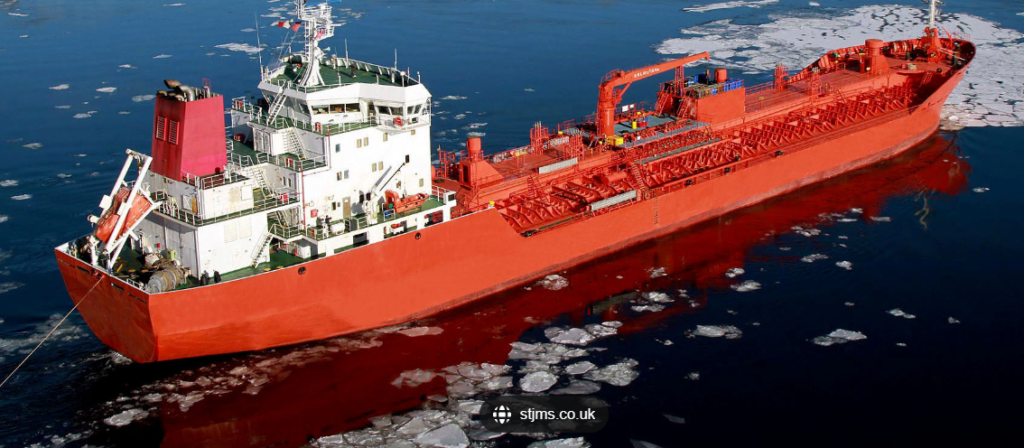
Introduction:
Chemical tankers play a vital role in transporting various liquid cargoes essential for numerous industries. These cargoes can be classified into four main groups, each serving distinct purposes. Understanding the different types of chemical cargo is crucial for ensuring safe and efficient transportation.
- Petrochemicals:
Petrochemicals encompass a wide range of organic chemicals derived from crude oil, natural gas, and coal. Organic chemicals are primarily composed of carbon and can be synthesized from inorganic sources. However, this category excludes basic carbon compounds like carbon dioxide and carbon monoxide. Petrochemicals form the backbone of modern industries, making them crucial for global economies. - Alcohols and Carbohydrates:
Alcohols, an essential group of chemicals, can be derived from hydrocarbons or produced through fermentation processes. These versatile compounds find applications in pharmaceuticals, solvents, and fuel additives. Carbohydrates, on the other hand, are essential energy sources and are found in various food products and industrial applications. - Vegetable and Animal Oils and Fats:
Obtained from plant seeds, animals, and fish, these oils and fats serve as vital ingredients in food production, cosmetics, and biodiesel manufacturing. Their widespread use makes them significant cargo items for chemical tankers. - Acids and Inorganic Chemicals:
Inorganic chemicals differ from organic chemicals as they are not derived from living organisms. However, some inorganic chemicals, like sulphur and ammonia, can be manufactured using petroleum as a raw material. Acids can be either organic or inorganic, and they play crucial roles in industries like manufacturing, metallurgy, and pharmaceuticals.
Examples of Chemical Tanker Cargoes:
Chemical tankers transport an extensive list of liquid products. Some notable examples include:
- Phenol: Used in the production of plastics, pharmaceuticals, and disinfectants.
- Sodium hydroxide solution (caustic soda sol.): A versatile chemical used in various industrial processes.
- Acrylonitrile: An important component in manufacturing synthetic fibers and resins.
- Methyl alcohol (methanol): Used as a solvent, antifreeze, and in the production of formaldehyde.
- Acetic acid: Widely employed in the production of vinegar, synthetic fibers, and plastics.
- Sulphuric acid: An essential chemical in battery manufacturing, fertilizers, and industrial processes.
- Toluene diisocyanate (TDI): Utilized in the production of flexible foams and coatings.
- Nitric acid: A key component in the production of fertilizers, explosives, and dyes.
- Palm oil: A major edible oil used in cooking and food production.
- Ethylene glycol: A vital ingredient in antifreeze, plastics, and polyester production.
- Methyl ethyl ketone (MEK): Commonly used as a solvent in various applications.
- Carbon tetrachloride (CTC): Formerly used as a solvent, though its applications have reduced due to environmental concerns.
- Ethylene dichloride (EDC): Primarily used in the production of vinyl chloride monomer (VCM).
- Furfural: Used in the manufacture of solvents, resins, and fuel additives.
- Acetone: An important solvent and chemical intermediate.
- Toluene: Used in the production of petrochemicals and industrial solvents.
- Benzene: An essential building block for various chemicals, including plastics, rubber, and pharmaceuticals.
- Xylene: Used as a solvent in printing, rubber, and leather industries.
Conclusion:
Chemical tankers play a critical role in transporting diverse cargoes, ranging from petrochemicals and alcohols to acids and inorganic chemicals. Understanding these cargo types is essential for ensuring their safe handling and delivery to support industries worldwide.